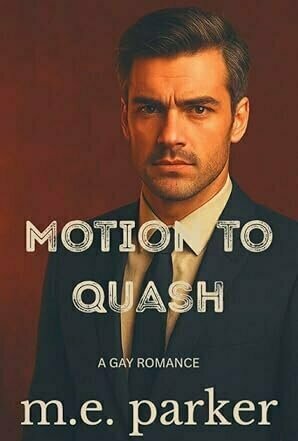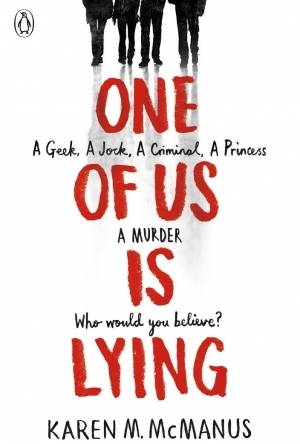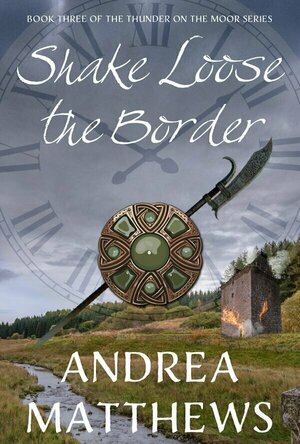
Shake Loose the Border (Thunder On The Moor #3)
Book
With Will and Maggie’s wedding just a week away, the last thing they need to stumble upon is...
Historical Time Travel Romance Scottish Scotland
Merissa (13792 KP) rated Motion to Quash in Books
Sep 17, 2025
Okay, so maybe it doesn't start too well, what with a possible attempted r@pe (nothing happens), followed by a m*rder. But it does get better for Fin, I promise. He goes to his friend Kayse, who calls his friend Spencer, who calls his friend Jack. Jack says he'll help and immediately falls head over heels, determined to do everything to keep his Fin safe.
This is one of those books that gives you a break from reality, even with a contemporary setting. The thought of someone with money to burn, who wants nothing more than a relationship with you that fits perfectly, and sorts out all of your problems too, is just amazing! Saying that, I did so love Fin's moments when he commented on money, or the amount of things needed, or when he put Jack in his place.
This was a smoothly written, medium-paced story, with plenty of action, but it doesn't go too deep. Jack has a caretaking kink, so prepare yourself for someone who wants to help. I would say the main themes are hopeful and lighthearted, with Marcus providing the light entertainment.
I would love to see more from these characters, especially Kayse and Spencer, and Marcus. If you're looking for the warm fuzzies, then I can definitely recommend this one.
** Same worded review will appear elsewhere. **
* A copy of this book was provided to me with no requirements for a review. I voluntarily read this book; the comments here are my honest opinion. *
Merissa
Archaeolibrarian - I Dig Good Books!
Sep 17, 2025
Hazel (1853 KP) rated One of us is Lying in Books
Dec 7, 2018
Inspired by <i>The Breakfast Club</i>, Karen M. McManus has set the stakes high with her debut novel <i>One of Us is Lying</i>. Taking typical young adult themes and adding a mix of mystery has resulted in a gripping book that intrigues as well as entertains the reader.
Five high school students find themselves in afterschool detention, but only four of them leave alive. Simon Kelleher suffers a fatal allergic reaction after drinking from a cup laced with peanut oil. It is clear that someone intentionally caused Simon’s death, but who, and why? The remaining four students are the immediate suspects, but they all claim to have nothing to do with it.
The main characters are all walking teen movie stereotypes. Bronwyn is a typical geek, getting high marks in all her exams. Cooper, the jock, is destined to become an exceptional baseball player. “Princess” Addy is perfect and popular, looking down on anyone who does not fit in with her social group. And then there is Nate, the drug dealer who is currently on probation for his reckless and capricious behaviour. Naturally, it is Nate that is the most suspect, but as certain secrets come to light, the others begin to look just as guilty.
Simon was known for his gossip app that revealed shaming secrets of students at Bayview High. As the police investigation begins, it is discovered that the four suspects were due to have their failings exposed in the next app update, thus giving them each a motive. However, the four are adamant that they were not involved and are desperate to clear their name. So, simultaneously with the police inquiry, the Bayview Four dedicate their time to unearthing the real culprit.
As the four unlikely friends become closer, romance blossoms and personalities alter, leaving no one unchanged. Gone are the original stereotypes. Despite upsetting circumstances, Bronwyn, Cooper, Addy and Nate are given the chance to discover who they truly are, and not just what society labels them. Putting aside the potential ruination of their futures, Simon’s death has serendipitous results for the suspects, or rather, the victims.
Nothing is given away during the narrative until the closing paragraphs, leaving readers guessing all the way through. Admittedly, I did entertain the thought of true culprit toward the beginning of the story, but McManus throws in so many red herrings and possible motives that the main suspect is constantly changing.
Dealing with themes of drugs, alcoholism, suicide and homosexuality,<i> One of Us is Lying</i> covers far more than a general murder mystery story. Some authors forget about the characters’ lives, only focusing on the plot at hand, however, McManus was far more detailed in the backgrounds of the four students, making it possible to understand and sympathise with each character.
<i>One of Us is Lying</i> shows how unfair the justice system can be, and although the saying is “innocent until proven guilty”, it is not often easy when every little move is judged and analysed by the police.
With a satisfying ending, Karen M. McManus’ introduction to the literary world is a significant taste of potential works to come. With a deep insight into young adult minds, McManus successfully connects with the reader, drawing them into a world that is hard to shake off. <i>One of Us is Lying</i> is definitely a book to look out for.
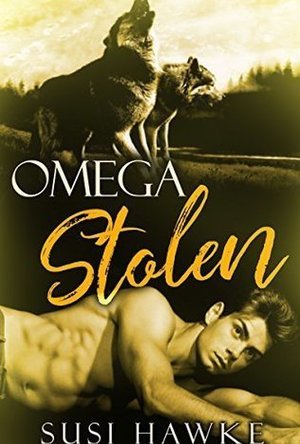
Omega Stolen (Northern Lodge Pack #1)
Book
THE LAST THING HE WAS LOOKING FOR... Jake is an alpha wolf on a mission to find his missing...
Shifter MM Romance Paranormal
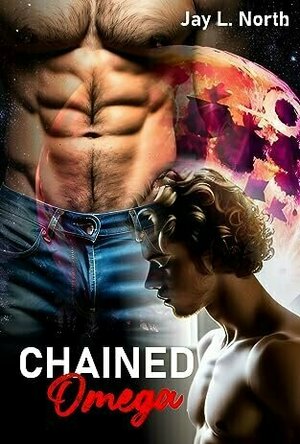
Chained Omega (Black Creek Pack #3)
Book
An Omega on the run An Alpha chaining his catch An attraction that won't be denied All the steam!...
Omegaverse Erotic 18+ MM Romance
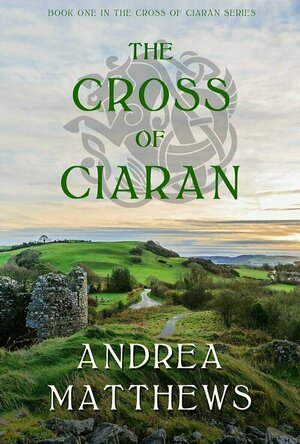
The Cross of Ciarán (The Cross of Ciarán #1)
Book
When a fifth century pagan priest is unearthed in Ireland fifteen hundred years after being...
Timeslip Historical Irish Celtic Romance
Loi et Coutume dans l'Egypte Grecque et Romaine: Les Facteurs de Formation du Droit en Egypte d'Alexandre le Grand a la Conquete Arabe
Book
The book is devoted to the sources of law from Egypt during the millennium from the rule of...
